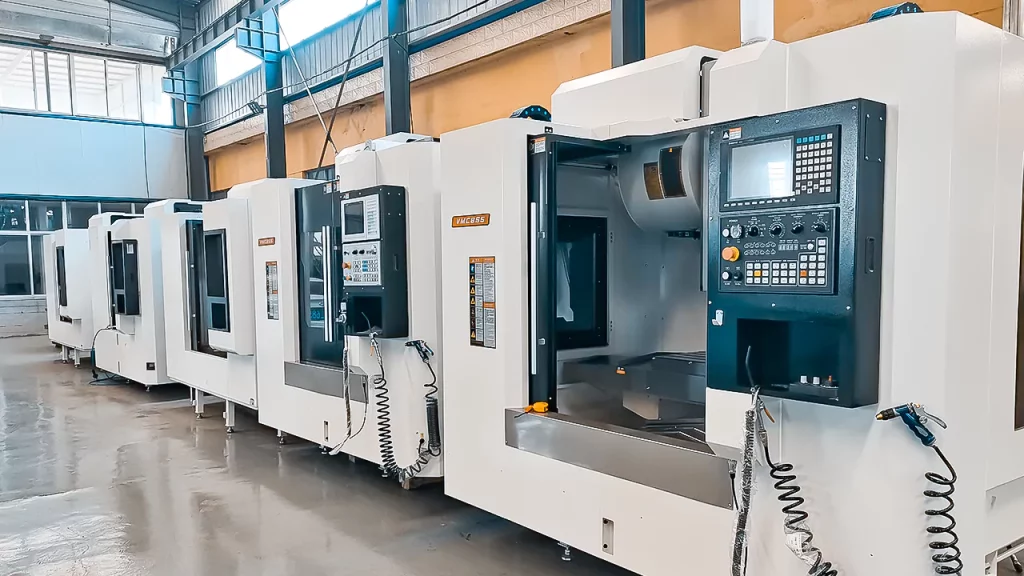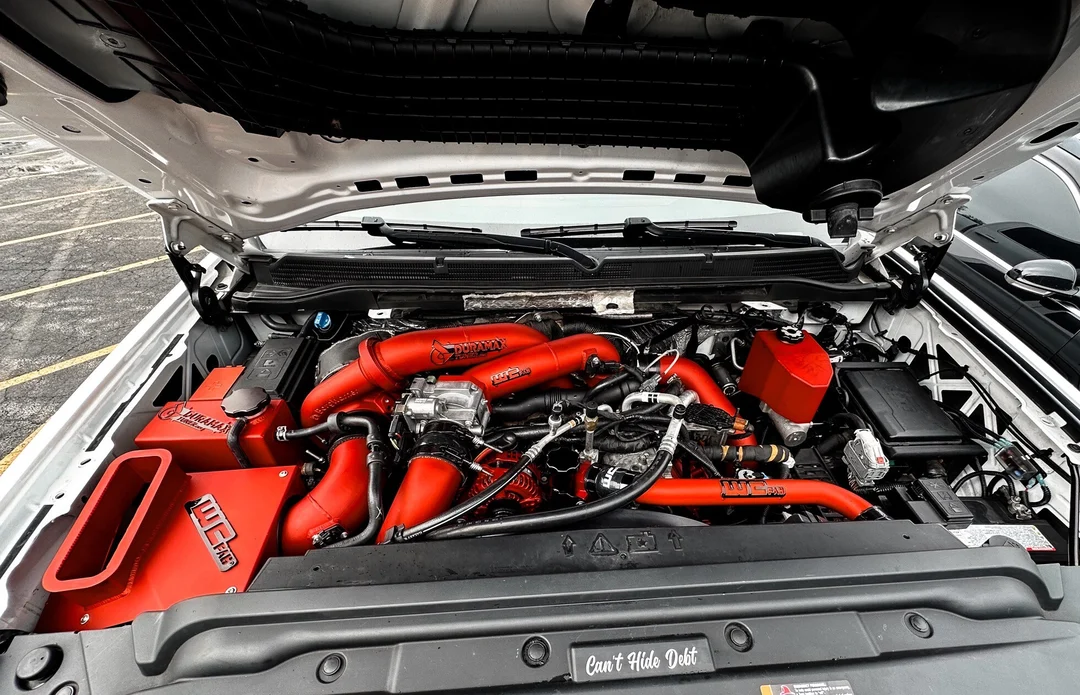CNC machines or Computer Numerical Control machines, have revolutionized manufacturing by automating and precisely controlling machining processes. These machines use computer programming to direct cutting tools, shaping materials like metal, plastic, wood, and composites with incredible accuracy. The evolution of CNC technology has led to a wide array of machine types, including milling machines, lathes, routers, and grinders, each designed for specific applications. CNC machines, milling machines for example, use rotary cutters to remove material while CNC lathes rotate the workpiece against a stationary cutting tool.
This versatility makes CNC machines indispensable in industries ranging from aerospace and automotive to electronics and medical device manufacturing. One of the key advantages of CNC machines is their ability to produce complex parts with consistent quality and repeatability. Once a design is programmed into the machine, it can execute the same operations over and over again, minimizing eros and reducing the need for manual intervention. This does not only increases production speed but also lowers manufacturing costs. Additionally, CNC machines can work with a variety of materials, allowing for greater flexibility in design and production. Some industries that use CNC machines are Aerospace, automotive, electronics, and medical devices. They are also used in tool and die making, Woodworking, prototyping, energy, and jewelry






